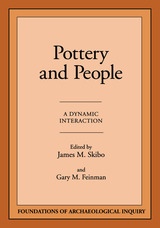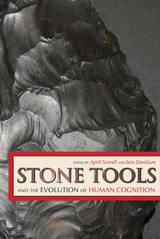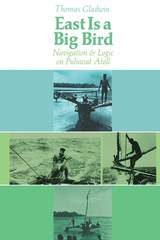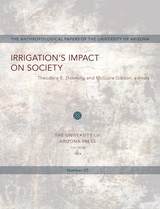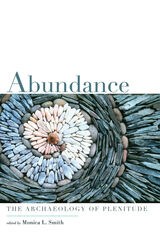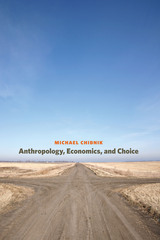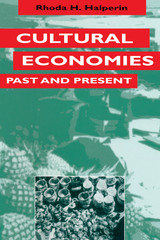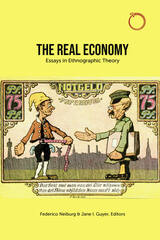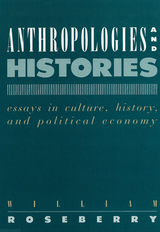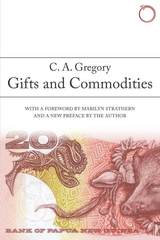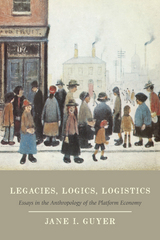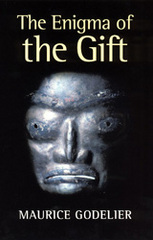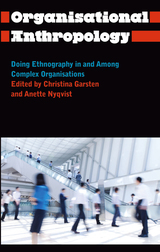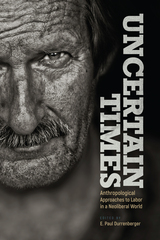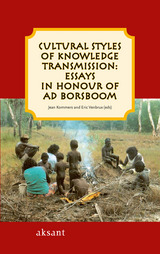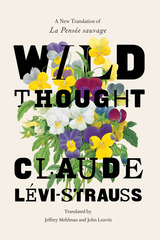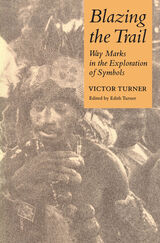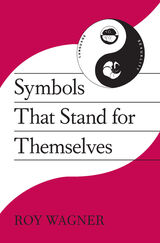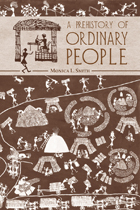Cloth: 978-0-88402-501-6
Library of Congress Classification GN449.3.D86 2024
Dewey Decimal Classification 333.2
Relationships with land are fundamental components of Indigenous worldviews, politics, and identity. The disruption of land relations is a defining feature of colonialism; colonial governments and capitalist industries have violently dispossessed Indigenous lands, and have undermined Indigenous political authority through the production of racialized and gendered hierarchies of difference. Consequently, Indigenous resistance and visions for justice and liberation are bound up with land and land-body relationships that challenge colonial power. “Land back” has become a slogan for Indigenous land protectors across the Americas, reflecting how relations to land are foundational to calls for decolonization and liberation.
Land Back highlights the ways Indigenous peoples and anti-colonial co-resistors understand land relations for political resurgence and freedom across the Americas. Contributors place Indigenous practices of freedom within the particularities of Indigenous place-based laws, cosmologies, and diplomacies, while also demonstrating how Indigeneity is shaped across colonial borders. Collectively, they examine the relationships among language, Indigenous ontologies, and land reclamation; Indigenous ecology and restoration; the interconnectivity of environmental exploitation and racial, class, and gender exploitation; Indigenous diasporic movement; community urban planning; transnational organizing and relational anti-racist place-making; and the role of storytelling and children in movements for liberation.
See other books on: Americas | Dorries, Heather | Indigenous peoples | Land tenure | Landscape
See other titles from Harvard University Press

